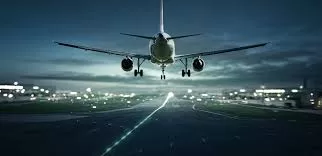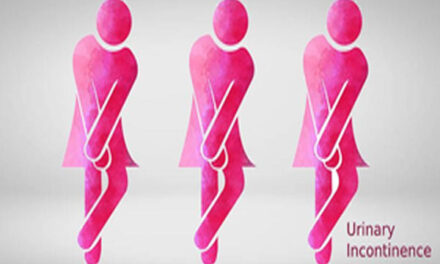Traveling today can be as stressful as it is exciting. From traffic jams to flight delays, storm disruptions, or the unpredictability of wildfires, it’s no surprise that travel is becoming more challenging and costly than ever. However, it doesn’t have to be an overwhelming experience. According to Dr. Asim Shah, professor and executive vice chair in the Menninger Department of Psychiatry and Behavioral Sciences at Baylor College of Medicine, the key to navigating travel chaos is staying calm amidst the turbulence.
“Disruptions are unavoidable, but your response is not,” says Dr. Shah. “If you can remain calm, the chaotic travel twists won’t feel so stressful.”
Here are expert-backed strategies for managing stress, anxiety, and the frustrations of modern-day travel.
1. Know Your Triggers
What are your specific travel-related stressors? Understanding your triggers is crucial in preparing for a smoother trip. Dr. Shah suggests identifying your personal anxiety triggers beforehand. These could range from the unpredictability of traffic to flight delays or the anxiety of traveling alone. By knowing these triggers, you can devise a plan to avoid or cope with them.
For example, if you’re uneasy about traveling alone, consider bringing a companion. Sharing your fears with them can help reduce anxiety. Employing stress-relief strategies like listening to calming music or deep breathing exercises can also ease discomfort.
2. Prep Well
Preparation is key to managing travel stress. Dr. Shah emphasizes the importance of getting a good night’s sleep before your trip, maintaining a healthy diet, and steering clear of drugs or alcohol, which can worsen anxiety.
Exercise is another powerful tool. A light workout before your trip can help release endorphins, which naturally reduce anxiety and calm your nerves.
“If you’re anxious, have a plan to distract yourself,” says Dr. Shah. “Reassure yourself that you’re safe, and keep your focus on your destination.”
For those who suffer from aerophobia (fear of flying), driving may be a better option for shorter trips. If flying is inevitable, choosing morning flights or booking travel insurance to protect expensive bookings can minimize stress related to cancellations or delays.
3. Coping with Other People’s Poor Behaviors
A common stressor during travel is encountering difficult passengers or disruptions caused by other travelers. Dr. Shah points out that poor behavior, such as unruly conduct fueled by excessive alcohol, flight delays, or crowded planes, is becoming increasingly frequent. These disruptions can trigger the amygdala, the brain’s center for processing emotions, causing passengers to become more irritable.
To handle these stressful situations, Shah advises passengers to remain calm and polite, even if others around them become vocal or disruptive. Flight crews are trained to de-escalate such issues, but passengers should refrain from getting involved, as this could worsen the situation. Instead, it’s best to stay composed and alert the flight crew if a situation arises.
4. General Travel Tips
Dr. Shah shares additional practical advice for minimizing travel stress:
- Travel early to avoid long lines and parking hassles at the airport.
- Consider taking direct flights when possible and set up flight alerts to avoid surprises.
- If you check luggage, pack a few essentials in your carry-on in case of delays or lost luggage.
- Distract yourself with activities like reading or watching movies to pass the time.
- Prepare for potential delays by thinking ahead—booking a backup flight or traveling the day before an important event can alleviate the pressure of last-minute changes.
While travel may be inevitable, handling it with calm and preparation can make your experience far more manageable. For more information on easing travel anxiety, check out resources like National Geographic, which offers additional expert insights.
By taking these proactive steps, you can transform travel from a stress-inducing event into a more enjoyable, manageable experience.












